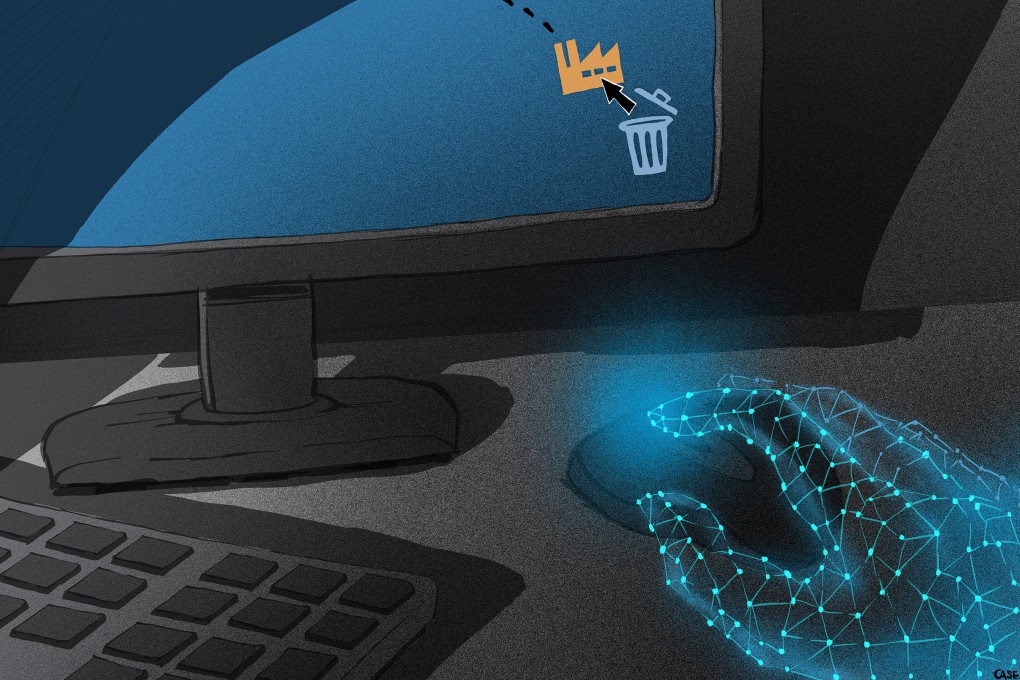Opinion | As AI revolutionises the tech economy, countries focusing on semiconductor fabs may need to think again
- Tech consumers will increasingly be attracted to the latest AI capabilities, rather than hardware, and the biggest profits will be in AI software inventions and fee-based apps
- With tech manufacturing already facing cost pressures and competition, these transformations will challenge the outlook for many countries

Services are the critical pipeline through which Apple, the world’s largest company by market capitalisation, will deliver the AI tools it envisions running, for example, on its smartphones, without needing an internet connection or the cloud. Hardware improvements that distinguished new models from past iterations will be supplanted by advancements in AI capabilities.
The emerging rivalry for AI dominance between Apple and Microsoft is looking a lot like the contest between their operating systems. That experience taught them that the product that first captures the largest market share effectively becomes the standard.
Even at this very early stage, the stakes are enormous. Generative AI could add up to US$4.4 trillion annually to the global economy, according to a McKinsey report. In a Centre for Macroeconomics and Centre for Economic Policy Research survey of Europe-based economists, most of them said that AI could push economic growth worldwide to 4-6 per cent every year, compared to the 4 per cent average over previous decades.

